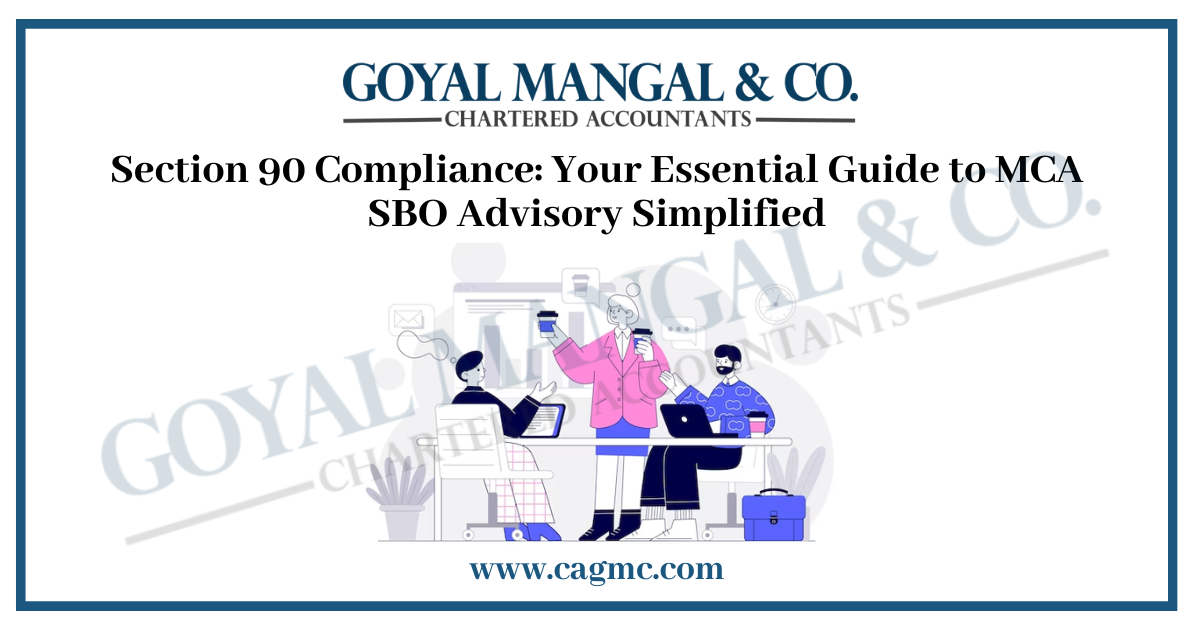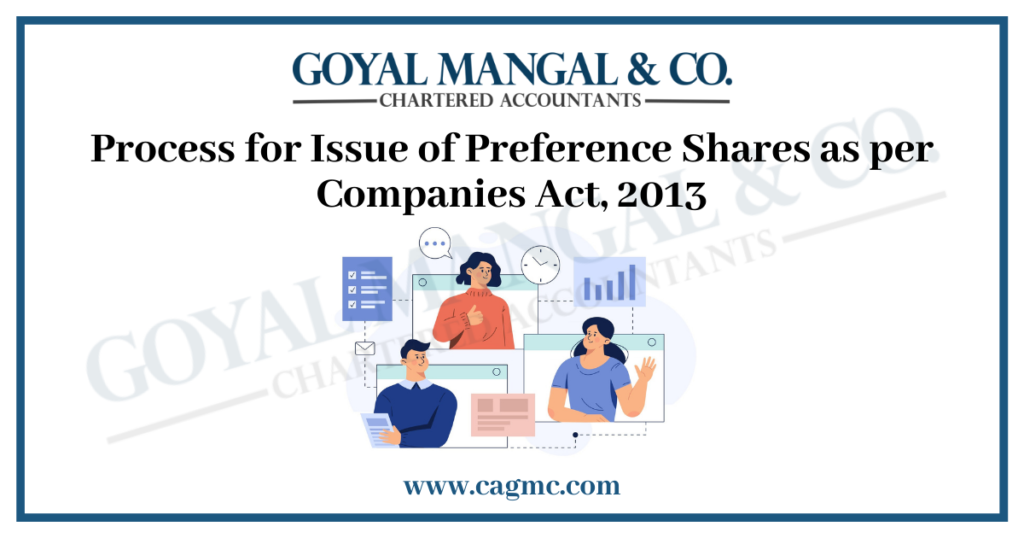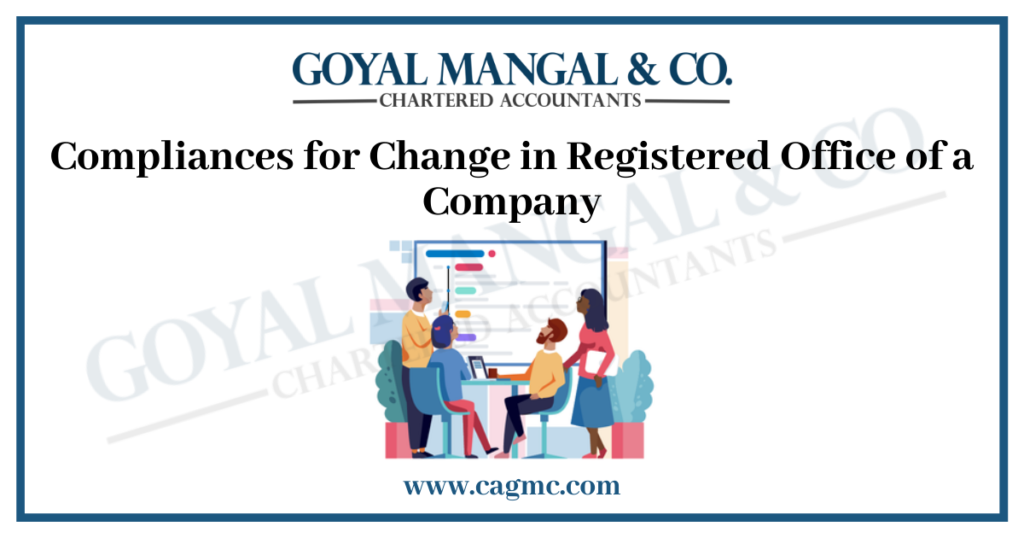
Companies recently received messages from the Ministry of Corporate Affairs (MCA) to follow the rules in Section 90 of Companies Act 2013, and Companies (Significant Beneficial Owners) Rules, 2018. Section 90 is for all companies, big or small, public, or private, listed or not. Each company must have a real person in charge, showing transparency and responsibility. This ensures that rules are followed, no matter the size or type of the company. Even if you’re a Section 8 company, you can’t skip following Section 90—it’s the law. In this article you will get to know about the SBO rules MCA without any trouble and also Section 90 of Companies Act 2013 applicability.
How can we determine the existence of SBO in a company?
To determine the existence of the SBO in the company check the below mentioned points that is let’s have an analysis of Section 90 of Companies Act 2013
- Check that the company’s shareholders are not indirect legal entities (e.g., a corporation, HUF, partnership, LLP, trust, or PIV).
- If there are no indirect persons who own shares in the company, reporting is not required. “A person is deemed to have an ‘indirect’ hold of right or privilege if the person controls more than 50% of the shares or voting rights of the company either in the company itself or in its parent company.
- In case of Indirect entities Check whether the individual owns shares “indirectly” through one or more companies that together represent 10% or more or consider whether the individual owns the shares * “indirectly” or together with any direct interests totaling 10% or more. *An indirect investment should be considered an SBO.
- However, if the share is at least 1%, any direct shareholdings will also be taken into account when calculating the 10% that counts as SBO.
- Assess whether the company is a subsidiary in a chain of subsidiaries; In this case, no reporting is required for the shares held by the holding company.
- Consider whether an individual has significant influence or control; If yes, the SBO report is mandatory.
Who can be an SBO?
An individual is considered an SBO if he or she individually or as a group owns: Indirectly “or together with any direct ownership” of at least 10% of the company’s shares. Indirectly or directly at least 10% of the voting rights. The right to receive or participate in at least 10% of the total amount of any dividends or other distributions paid. Exercises significant influence or control other than through direct ownership.
Who is not considered as SBO?
An individual is not an SBO unless the individual has implied rights or privileges mentioned above. A person is not an SBO if he or she directly owns the right or privilege. This happens when shares are registered in their name, or you have declared a beneficial interest (MGT-6) in the reporting entity (pursuant to section 89(2)).
Indirect holding criteria for SBO
- An individual has an indirect right or privilege in a company if he or she owns a controlling interest (more than half of the share capital/voting rights) in that corporation or its ultimate holding company.
- The Karta of the HUF is the individual who manages all the HUF assets and affairs.
- In partnerships, an individual is an indirect owner if you are a member of a partnership or LLP or You own a majority stake in the company being a partner in a partnership or LLP or You own a controlling interest in the company’s ultimate holding company, which is a partner in a partnership or LLP.
- In the case of a trust, an individual is an indirect holder if he or she is the trustee of a discretionary or charitable trust. The beneficiary of a specific trust. Author/Founder of a Revocable Trust.
Responsibility of the Reporting company
Upon receipt of the return in Form BEN-1:
- Submit the return in Form BEN-2 to the ROC within 30 days of receipt of the return in Form BEN-1.
- If the reporting company is a subsidiary, provide holding company information on Form BEN-1.
- Enter the data from BEN-1 into the Large Beneficial Owner (SBO) register, which is maintained in the form BEN-3.
Notice in BEN-4 to SBO
Under section 90(5), a reporting company must give notice by Form BEN-4 to any person (whether a member or not) if the company knows or has reasonable grounds to believe that the person:
- Be a material beneficial owner of the company.
- Have information as to the identity of the substantial beneficial owner or a person capable of having such information.
- Have been a material beneficial owner of the company at any time at any time during the past three years.
- Is not registered as a substantial beneficial owner with the corporation as required by this section but otherwise subject to the SBO rules.
- In addition, this notice is given to a member of the reporting company (excluding individuals) who owns at least ten percent of: Shares, Voting Rights, Rights to receive dividends or any other distribution during implementation.
Non receipts or Unsatisfactory BEN-1
If the reporting company does not receive the required Form BEN-1 or is dissatisfied with the reasons for non-filing, or if the company believes that an individual is a securities trading entity, it must file a request with the Court.
The application is filed within 15 days of the deadline for seeking information in Form BEN-4, requesting the necessary orders relating to:
- Restrictions on transfer of shares in question.
- Suspension of the right to dividends or any other form of distribution in relation to the relevant shares.
- Suspension of voting rights attached to the relevant shares.
- Any other restrictions on the rights attached to the relevant shares.
Responsibility of significant beneficial owners
- An individual person who is significant beneficial owners of a reporting entity must declare their status using Form BEN-1.
- An individual who acquires a significant amount of stock in a company must file a return using Form BEN-1 within her 30 days from the date of acquisition.
- If there is a change in the primary beneficiary, the reporting company must be immediately notified of these changes.
- Current SBO rules require that any change in material significant beneficial ownership under Section 90 be reported to the reporting entity.
This includes any changes to rights or entitlements, whether directly or indirectly within the reporting company. However, it remains unclear whether notification is required if you are no longer an SBO. Legally, a declaration is required when becoming an SBO, and logically a corresponding declaration must be made when this status ends.
Exemptions from applicability
The rules described here do not apply in specific cases.
- These rules do not apply to shares held by IEPF authorities under sub-section (5) of section 125 of the Act.
- Stock owned by the reporting company’s reporting parent is exempt.
- However, detailed information about these reporting parent companies must be declared in Form No.BEN-2.
- The shares that are owned by central, state government or local authority for those the rules will not apply.
- Investment vehicles regulated by the Securities and Exchange Board of India (SEBI), Reserve Bank of India, Insurance Regulatory and Development Authority of India or Pension Fund Regulatory and Development Authority intelligence is also exempted.
Other important points
- The assets of the authorized shareholder are considered the assets of the nominee, who has been recorded in the shareholder register according to Article 88. Therefore, these assets are not taken into account when determining the beneficial owner that is Significant beneficial owner (SBO).
- When determining a significant beneficial owner (SBO) based on control, only indirect control is considered. Direct control, which is clearly shown in the company’s register of partners as the majority shareholder, does not require declaration in BEN-1 and BEN-2. Reporting is only required for indirect control scenarios.
- A minor cannot be considered a substantial beneficial owner (SBO) because a guardian always represents the minor. However, if the minor has direct assets, these assets must be combined with the indirect assets of the guardian, if any. If the guardian is not an SBO then a declaration must be made in the BEN-1 with a declaration that the participation belongs to the minor.
Conclusion
In simple terms, complying with Section 90 involves checking if any indirect entities hold shares in a company. If not, no worries. If yes, see if an individual holds at least 10% of shares indirectly or combined with direct holdings. Also, check for significant influence or control. Report accordingly to ensure transparency. To sum it up, following Section 90 means ensuring that if someone has a significant influence or holds a substantial number of shares, it’s properly reported. This helps maintain transparency and responsibility in how companies are owned and controlled.


